Feature focus: From great sound, to multi-level ANC and Transparency Mode, there’s a lot to love about Teufel’s new REAL BLUE PRO headphones. And today, we wanted to bring one into closer focus: sound personalization. To bring it to our new headphones, we partnered with fellow Berlin company Mimi Hearing Technologies. What it does is customize your audio experience using some pretty cool tech they developed in-house. We sat down with a couple members of the Mimi team to ask what it’s all about and who the feature is best suited for.

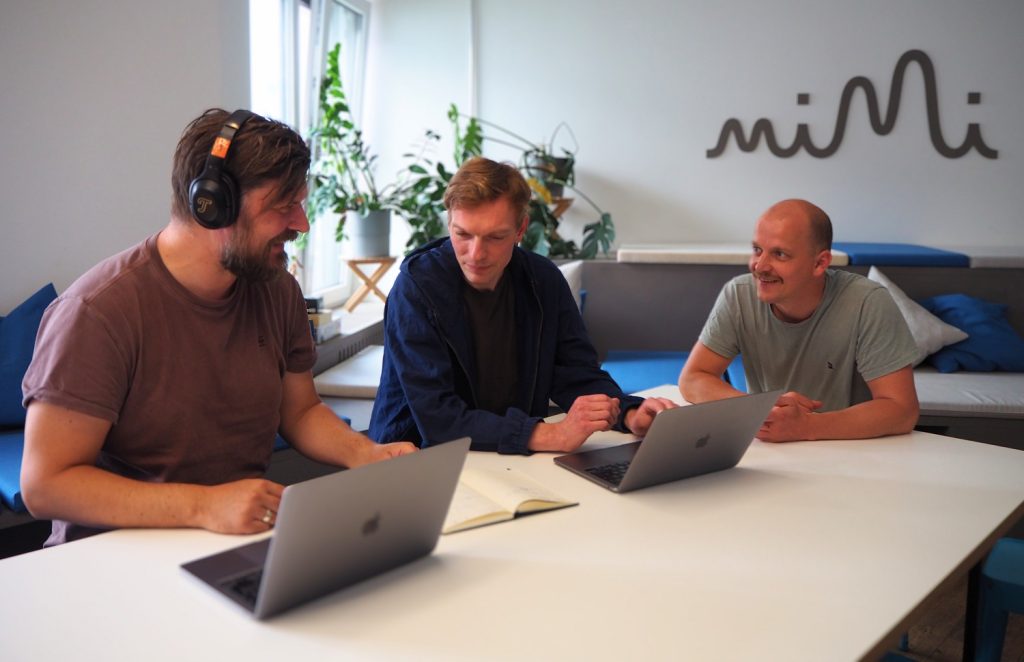
Teufel Blog: Hello Mimi team, thanks for agreeing to sit down for this interview. So, without further ado: What technologies does Mimi work with and what type of listeners is your sound personalization directed at?
Florian: Hello, Teufel blog team! We’re happy to be here. Thanks for having us.
What Mimi does is allow users to very precisely measure their hearing ability and then compensate for possible hearing loss or protect their hearing for the future. We use a scientifically based process to achieve the optimal results. We process the audio signals directly on the chips in the headphones.
Users with hearing loss – and that includes those with minimal hearing loss – will benefit from our audio compensation. With it, they can hear more details they’d otherwise miss without having to turn up the volume.
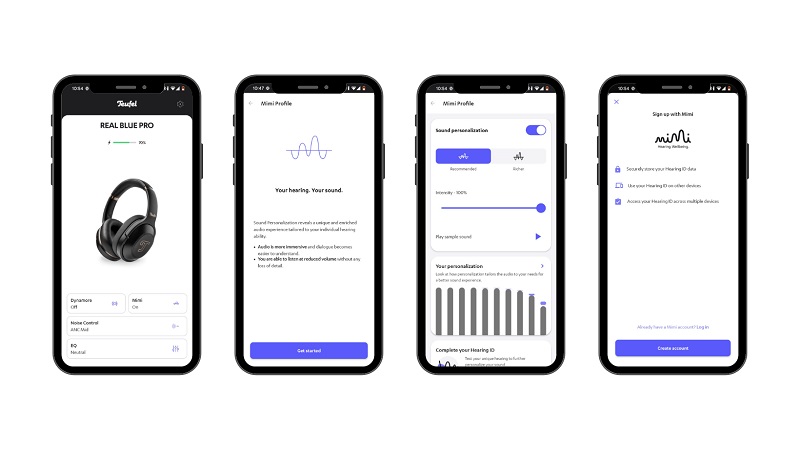
Even users with perfectly healthy hearing can benefit from the Sound Dose Reduction function, which reduces noise exposure. Depending on headphone model, it reduces exposure to noise by ten to thirty percent. That contributes to protecting hearing and lessens fatigue from excessive listening.
Aspects of healthy human hearing
Teufel Blog: What exactly do you mean by biologically inspired signal processing, and just how much auditory research is behind your sound personalization?
Robert: Mimi models aspects of healthy human hearing. Essentially, our model takes a user’s hearing ability and processes the audio signal for their individual listening profile. In the end, they hear something approximating what someone with perfect hearing would hear. The model’s foundations come from innovative research brought in by Dr. Nick Clark, one of Mimi’s founders. Our team of experienced audiologists and developers in both audio and embedded hardware has been steadily improving on the technology ever since.
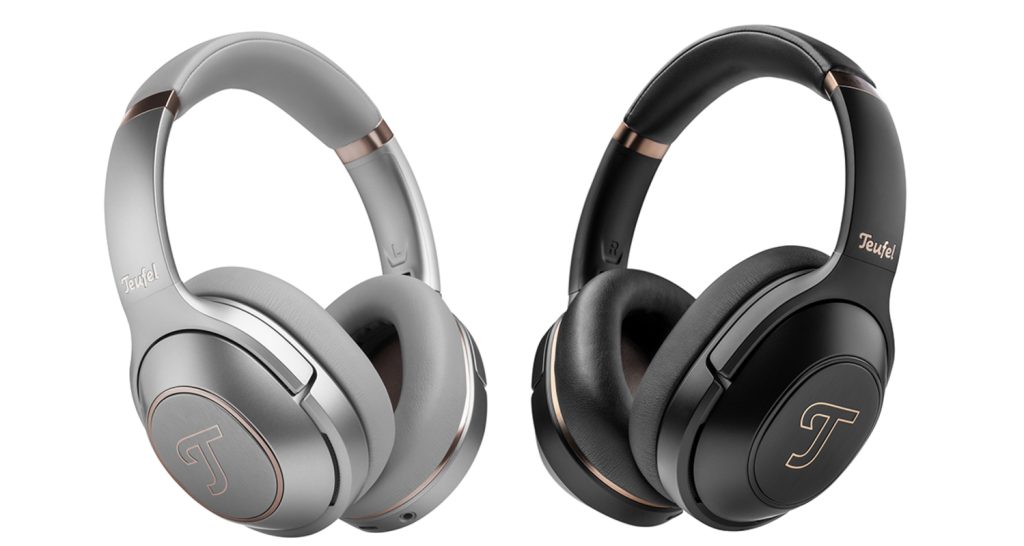
Mimi doesn’t alter the original sound, it just tweaks the audio experience
Teufel Blog: For some audio purists, altering the supposed original sound is a big no-no. What do you say to people like that to convince them to try out your technology? Does it change the original sound of a track?
Robert: The entire chain of audio production – from recording, mixing, and mastering, up to encoding and playback – is targeted at people with perfect hearing. Mimi comes in and corrects that based on each listener’s individual hearing profile. What that means is that details that might get lost or muddy, as well as audio richness, coloration, and contrast are actually brought into clearer focus. So, Mimi doesn’t alter the original sound, it just tweaks the audio experience. And that is the most compelling reason for purists to give Mimi a try.
Read also: An interview with the developer of another new Teufel product, the ROCKSTER AIR 2
Our technology is relevant for all kinds of audio content
Teufel Blog: Is Mimi Sound Personalization just for music, or does it also improve the experience of listening to audio books, podcasts, or movies?
Florian: Yeah, that’s a great question. Mimi Sound Personalization is definitely not limited to only music. Our technology is relevant for all kinds of audio content, and optimizes the listening experience across every different type of media. Whether you’re on the couch at home enjoying an awesome movie, or want to dive into a gripping audio book, Mimi’s personalized audio quality makes sure you can always pick up every detail and nuance loud and clear.
Teufel Blog: Hearing health is an important field with a special significance to both you and Teufel. What in your view makes hearing health so important, and to what degree is hearing health a component of Sound Personalization?
Robert: Healthy hearing is essential for our quality of life and our well-being. It allows us to interact with others, and enjoy music, movies, podcasts, and other forms of entertainment over a whole lifetime. Sound Personalization offers individual customization of sounds and audio signals to meet the particular auditory needs of every individual. That makes it so users of, for instance, the REAL BLUE PRO can optimize their listening experience. Preexisting hearing loss can be compensated by personalizing sound. This targeted processing makes it so listeners don’t simply turn up the overall volume, which can easily lead to further hearing damage. In addition, users can test their hearing in the comfort of their own home using the Teufel App so they’re informed about the health of their ears.

Audio customization: dynamic, in real-time, and adapted to each individual
Teufel Blog: Your info page says Mimi solves problems equalizers can’t. What exactly did you mean by that?
Robert: That’s actually one of our most frequently asked questions, so we’re happy to answer. What equalizers do is make certain frequencies louder or quieter regardless of signal intensity. That can only provide limited help to people with hearing loss. The constantly rising and falling intensities of certain frequencies leads to a risk of masking, in other words drowning out neighboring frequencies. Basically, that means boosted tones will be very easy to hear, while neighboring notes that were originally at similar levels are harder to make out.
On top of that, hearing loss is not a linear phenomenon, meaning often people can still hear loud tones quite well, but softer ones are nearly impossible to detect. That makes it important for both frequency and intensity to be taken into consideration for audio processing. Equalizers are not fit for this task, and can thus lead to the overall volume being increased unnecessarily, which is again damaging to the ears. Mimi on the other hand changes the sound dynamically and in real time, adapting it to the user’s hearing. That technology makes it so listeners can hear greater detail without increasing their exposure to noise.
Optimal integration: Mimi in the REAL BLUE PRO
Teufel Blog: Now, let’s get to our partnership. Were there particular challenges in bringing Mimi to the REAL BLUE PRO? If so, what were they an how did you solve them?
Peter: There were certain challenges we had to overcome. One was noise in the low end, which we were able to solve with a slight adjustment. Thankfully, our talented audio engineers found a long-term solution.
Integrating the mobile app and the firmware was also challenging. By having direct interaction between engineers from both our teams, we were able to discuss possible solutions and in the end successfully implement them.
Working closely together and having lively discussions between our teams made it possible to handle these challenges successfully and create optimal integration between Mimi and the REAL BLUE PRO. We’ve been happy with the launch and all the positive reviews.
Teufel Blog: Just like Teufel, Mimi is headquartered in Berlin and you will also be represented at the IFA again. What are your expectations there? And how would you rate Berlin as a location?
Florian: Naturally, in Berlin we benefit as a business from the creative, international atmosphere, which draws a lot of talent. People travel from all over the world for the IFA, which makes the conference a good environment for networking and product demos.
We’re of course not only happy to be taking part in the IFA 2023, but also to be able to present all our new partner integrations. Having such a conference in our hometown makes it possible for us to demonstrate a lot more products live which we normally cannot bring to other cities for logistical reasons. Also, we’re going to have a strong team of experts on site who can offer comprehensive knowledge and profound insight into our products.
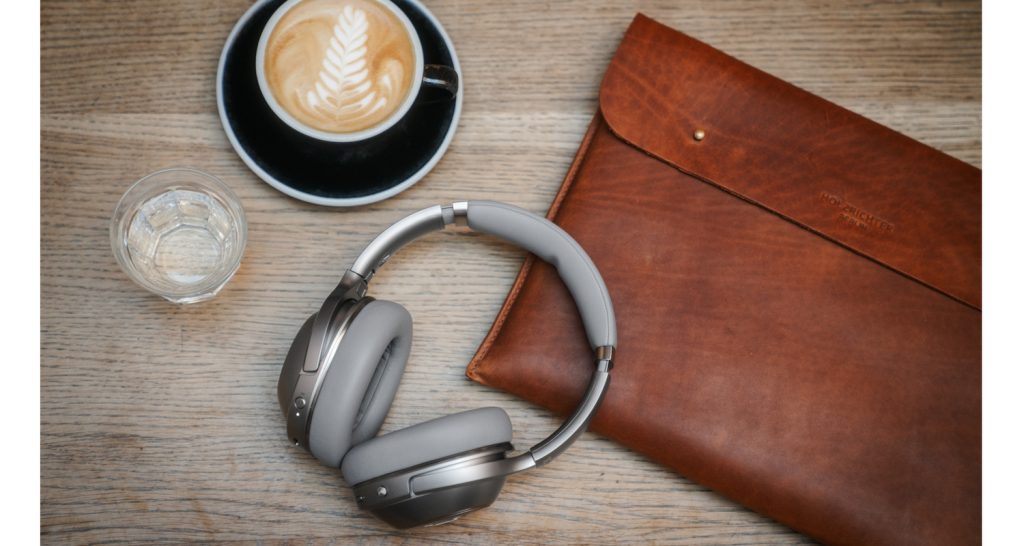
Powerful motivation: to promote hearing health
Teufel Blog: Where do you see Mimi in the future? Will the technology be developed further, or is your goal now to make Mimi and its advantages accessible to as many listeners as possible?
Florian: A big motivation for us is to promote hearing health and protection. Our focus now is integrating Mimi into consumer electronics – that’s how we can reach the widest audience. In the future, there are going to be a lot more devices with personalized sound. And for that reason, we’re also expanding our product line, optimizing existing technologies and striving to make a better listening experience accessible on many different platforms. Our goal is to offer the advantages of personalized audio quality to people in various aspects of their day-to-day life, be it listening to music, watching movies, or using audio devices. Our partnership with Teufel brings us closer to that goal.
Teufel Blog Team: Florian, Peter, and Robert, thank you so much for the detailed interview!
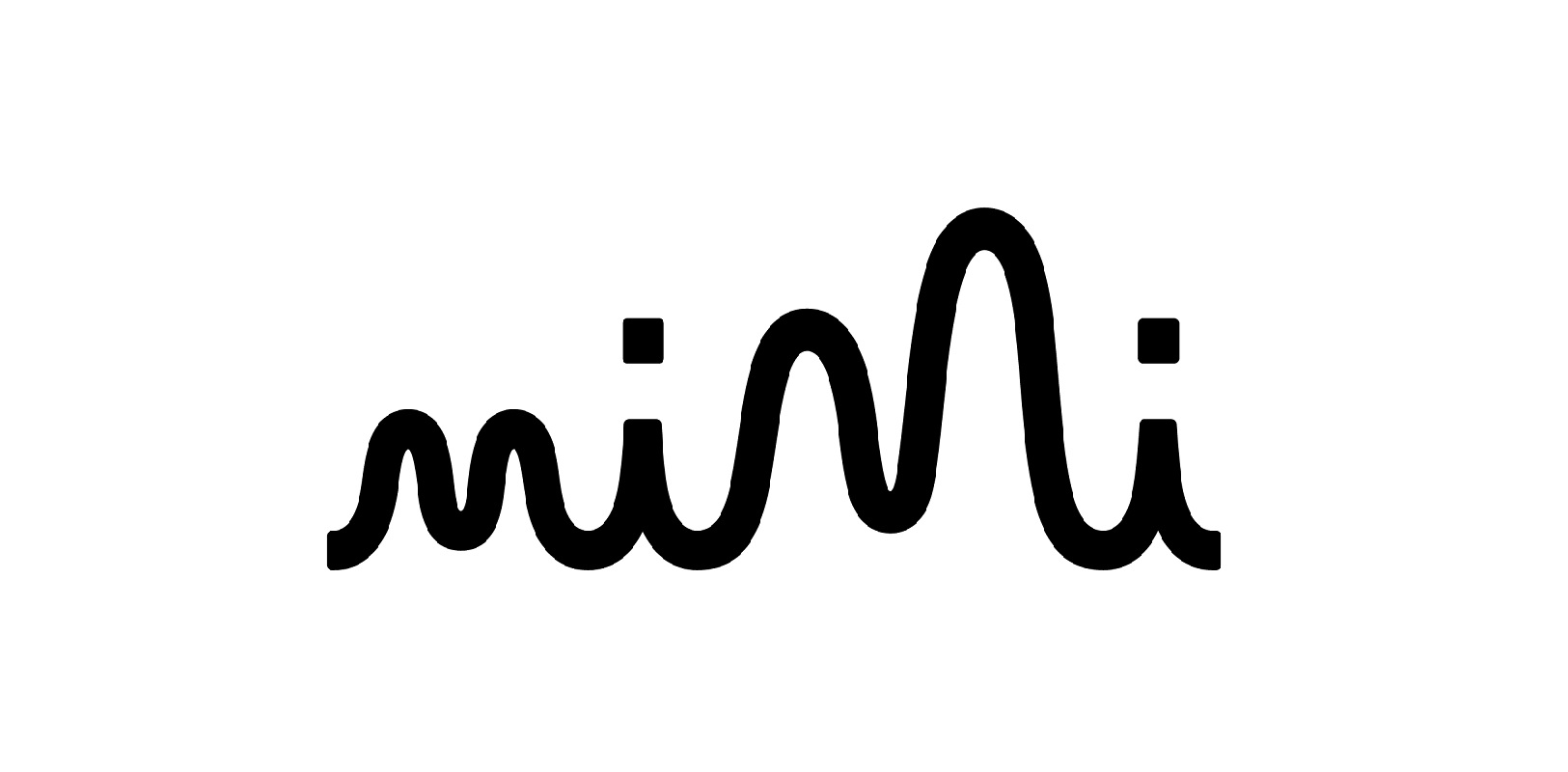


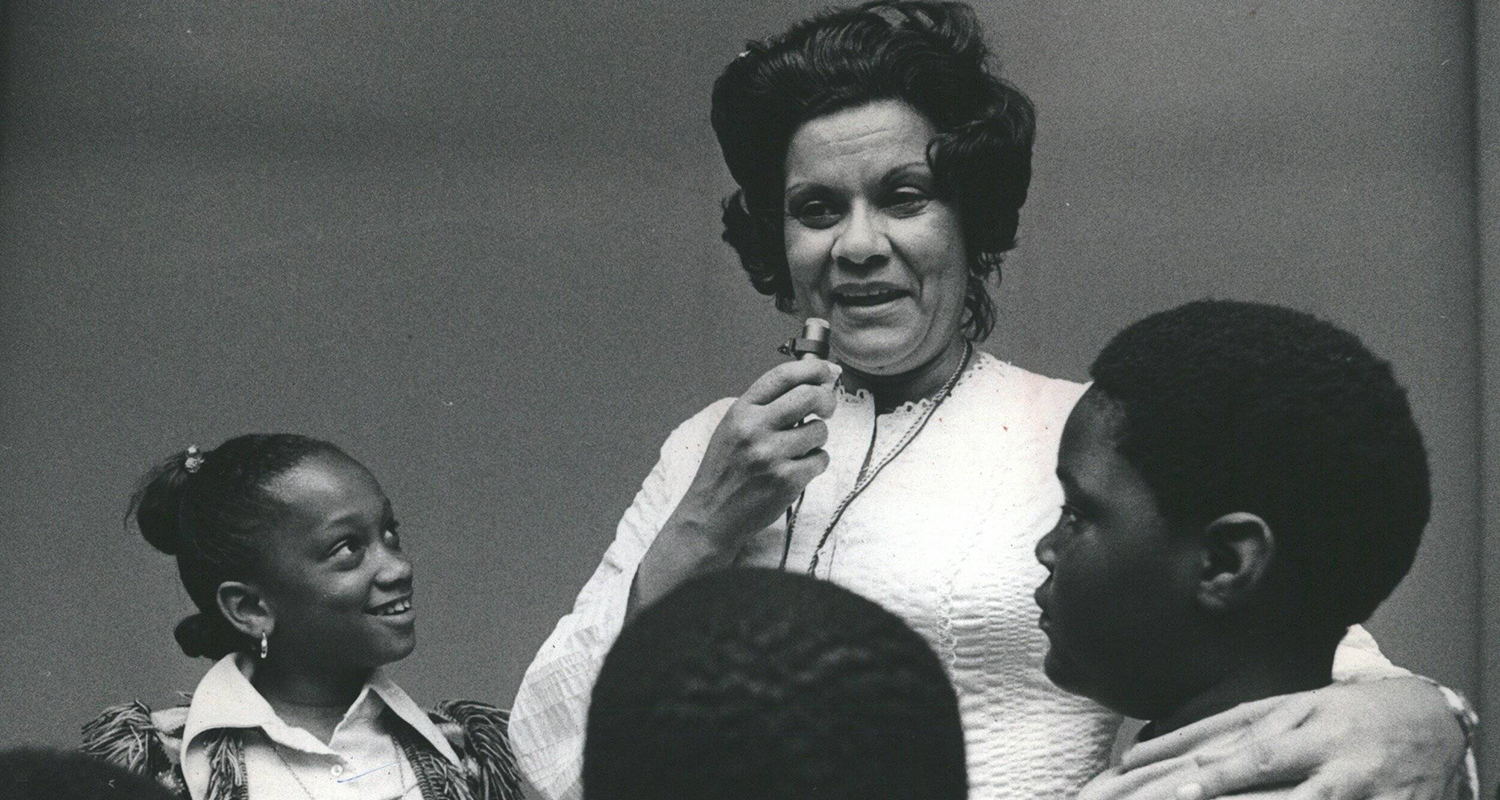
Leave a Reply